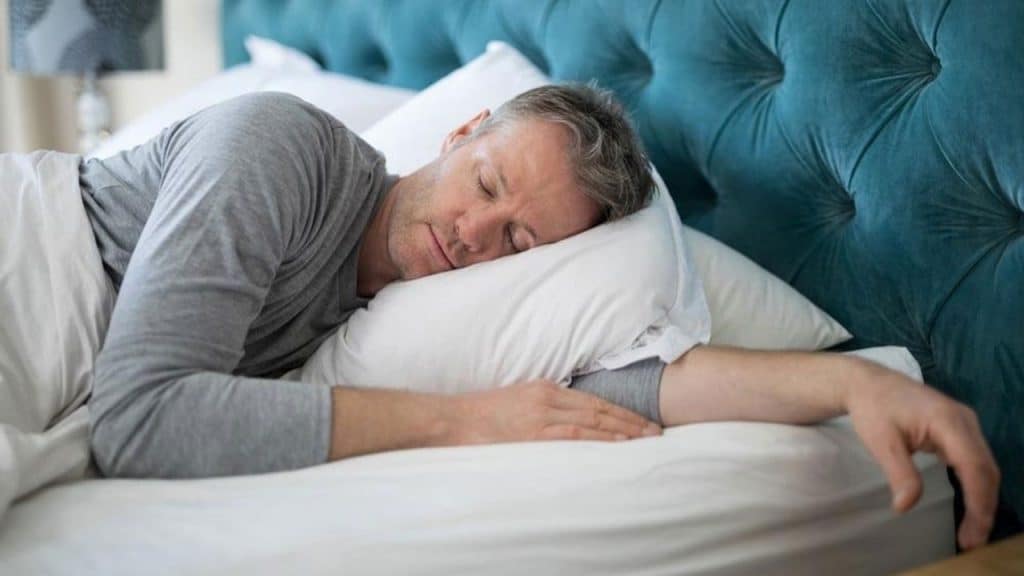You may think of probiotics in terms of your gut health, but they could have a range of other benefits. Some evidence suggests that supplements of probiotics can help reduce the negative effects of sleep deprivation. As sleep quality is right up there with diet and exercise in terms of its importance to your overall health, this could have a powerful impact (https://longevity.technology/lifestyle/probiotics-ease-sleep-deprivations-toll-on-your-body/).
To be clear, when we talk about sleep deprivation, we’re not just talking about waking up every now and then or that one night you stayed awake watching a movie. We’re talking about the scientific definition of what’s formally called chronic sleep restriction (CSR). That means your nightly sleep lasts for fewer than seven hours, although generally not fewer than four.
CSR is associated with a range of negative health outcomes. It can interfere with your cognitive performance, such as memory and your ability to pay attention, on top of preventing you from recovering from stress and injury. You’ve probably noticed it also makes your mood snappier. Unfortunately, in the hectic modern world, most people just aren’t going to get enough sleep a lot of the time.
If it’s impossible to actually get more than seven hours of sleep every night, we need to find ways to mitigate CSR. Enter probiotics. Evidence suggests probiotics can have an anti-inflammatory effect. That’s important because one reason that CSR has such a negative impact is that it can contribute to inflammation in the brain. CSR may increase inflammatory plasma cytokines; probiotics may reduce them.
Remember when we mentioned probiotics and gut health? Some research suggests that CSR may even cause problems for the gut microbiota, which in turn leads to a reaction from your immune system. Yes, that means more inflammation. If that’s the case, it’s no wonder that studies suggest probiotics are an effective counter to CSR.
Side effects from CSR aren’t limited to inflammation. They may also include oxidative stress, or oxidant and antioxidant systems being knocked out of balance. Oxidative stress has been associated with significant cellular damage. Probiotics may moderate this kind of stress by activating regulatory enzymes.
There are a lot of potential benefits to probiotic supplements. Of course, it’s better if you can just stay asleep for the optimum amount of time, but if that’s impossible, it may be worth further investigating the value of probiotics.




